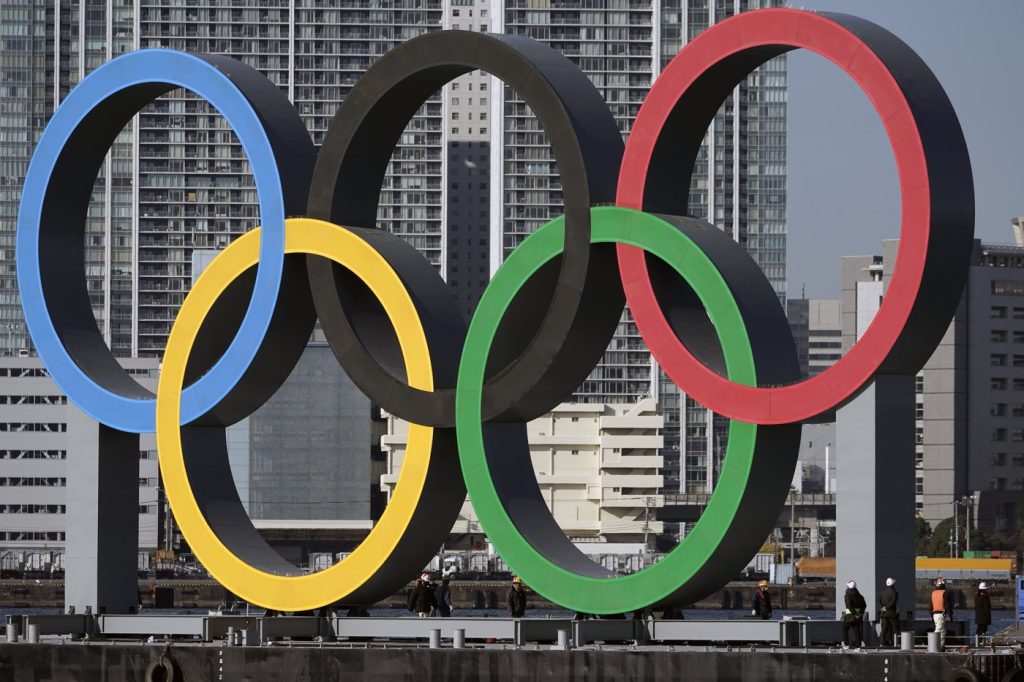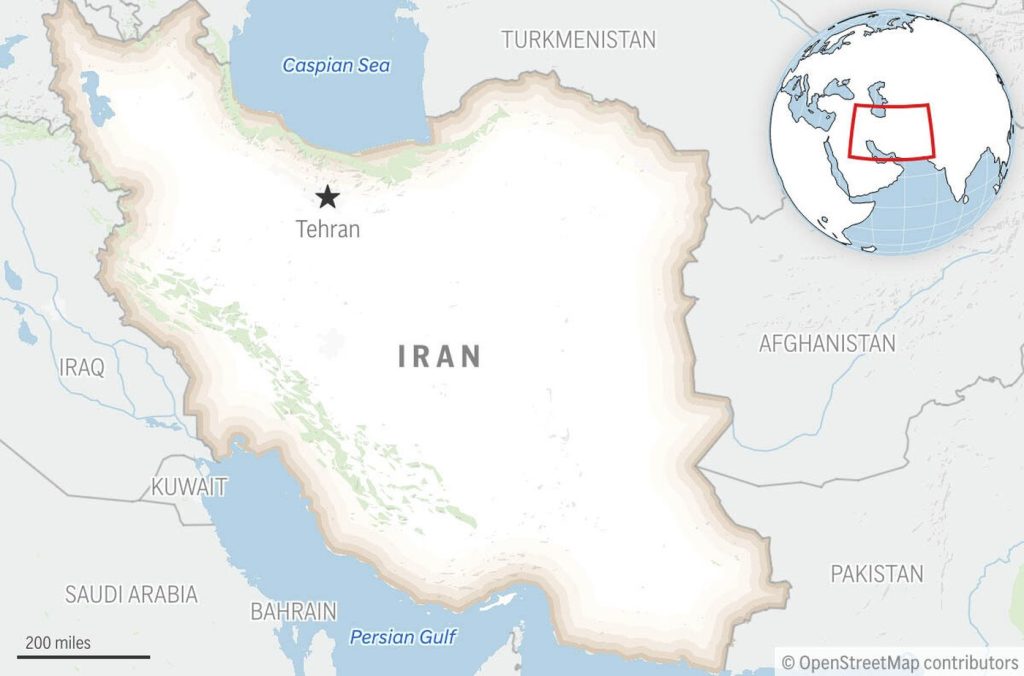COLORADO SPRINGS, Colo. (AP) - The U.S. Olympic and Paralympic Committee (USOPC) has effectively barred transgender women from competing in women's sports. This move follows President Donald Trump's executive order titled "Keeping Men Out of Women's Sports," which threatens to withdraw federal funding from organizations permitting the participation of transgender athletes in women's sports.
On Monday, the USOPC announced this new policy through a discreet update on its website, confirming its decision in a letter addressed to national sport governing bodies. This policy change aligns with a similar adjustment made by the NCAA earlier this year.
The USOPC’s revised policy, highlighted as a detail in the “USOPC Athlete Safety Policy,” indicates that the organization has an obligation to adhere to federal guidelines. In a letter from USOPC CEO Sarah Hirshland and President Gene Sykes, they emphasized the necessity of ensuring fair and safe competition environments for women. They stated that all National Governing Bodies (NGBs) must align their policies with this new directive.
The action has been met with criticism, notably from the National Women's Law Center. The organization’s president and CEO, Fatima Goss Graves, condemned the decision, accusing the USOPC of prioritizing political demands over the needs and safety of its athletes.
The USOPC oversees approximately 50 national governing bodies, which can impact local sports clubs that wish to maintain their membership within the NGBs. Several of these bodies, such as USA Track and Field, have historically adhered to guidelines set by their respective world federations. In light of the USOPC's new policy, organizations like USA Swimming are currently in discussions to determine necessary adjustments.
USA Fencing has already adopted a policy that restricts participation in women’s competitions to those identified as female at birth. This change accommodates a new framework for men’s events that invites all athletes not classified in the women’s category, including transgender individuals and cisgender male athletes.
The debate surrounding the inclusion of transgender girls in women's sports has intensified at both state and federal levels. More than 24 states have enacted laws that restrict transgender women and girls from participating in specific sports competitions. However, some of these measures have faced challenges in court, with critics asserting that they promote discrimination and unfairly target a small group of athletes.
The NCAA has updated its participation policy for transgender athletes, permitting only those assigned female at birth to compete in women’s sports. This policy shift occurred shortly after Trump signed the executive order intended to ban transgender athletes from competing in girls' and women’s sports categories.
The issue of female eligibility is a critical focus for the International Olympic Committee (IOC) under its new president, Kirsty Coventry, who has indicated a commitment to “protect the female category.” The IOC permits individual sports federations to establish their own eligibility rules, some of which have already made amendments in response to these ongoing debates.
Additionally, several sports, including swimming, cycling, and track and field, have implemented stricter eligibility criteria that exclude individuals who have undergone male puberty from women's events. Soccer is currently reviewing its eligibility regulations for women, potentially introducing testosterone limits as well.
Trump has expressed a desire for the IOC to overhaul all policies relating to transgender athletes, labeling the current situation as “absolutely ridiculous.” As Los Angeles prepares to host the Summer Games in 2028, the intersection of sports, gender identity, and federal policy continues to inspire heated discussions.












